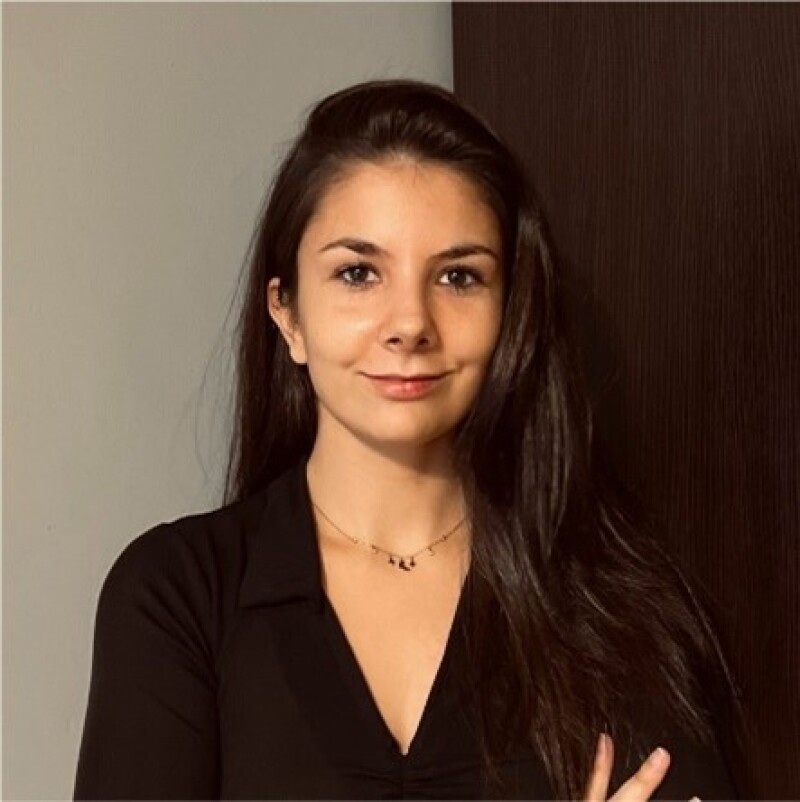Getting licence agreements signed isn’t always easy, but it’s something Alexandra Vital Alves seems to have a knack for.
The 27-year-old legal counsel at i4F Patents & Technologies in the Netherlands has drafted more than 150 licences since she joined the company, which develops and licenses flooring technologies, in 2020.
These licences can be challenging affairs.
“We try to take the standard format approach to all our licences, but some more sophisticated licensees tend to come back with a lot of changes and a lot of different things that they would like to implement,” she says.
Alves tends to do her own research on prospective licensees, and the relevant markets, laws, and regulations, when considering their requests.
“That way, I’m able to determine whether what they’re requesting is fair or very extravagant,” she says.
She also tells Managing IP about the nuances of licensing in the flooring industry, trademark concerns, and what she likes to see in outside counsel.

What challenges come up when developing licence agreements?
We need to consider the different laws and regulations of the countries where our licensees operate. That includes not only the laws of where the headquarters are but also the laws of China, Vietnam, the US, Canada, and so on.
They all tend to vary quite a bit. Recently I had to check the privacy laws in China as well as the GDPR [in the EU] and implement something into our licence agreements that was compliant with the strictest form of privacy laws out there.
What issues tend to be most contentious?
Pricing is one.
Another one would be the reporting and audit rights. Our licensees must disclose the volumes of products they’ve produced containing our patented technology.
Are companies generally amenable to taking licences?
There aren’t a lot of players in our industry, so it’s not that difficult to find people to license out to, and sometimes they come to us to request one.
We go to a lot of events and shows and publicly showcase our technology. After that, we tend to get a lot of traffic from manufacturers. We also hear from companies that produce their own IP and are interested in us as a partner. The idea is that we take their IP and not own it but make it a part of our patent portfolio that we can license out worldwide.
Do you run into any challenges unique to the flooring industry?
We have patents on board compositions, such as the layers and materials and surface finishing.
For us, enforcing our rights in those board composition patents can be a little more challenging than it is for some of our other patents.
To be able to determine whether a product incorporates our patents, we go through a whole lab process that involves identifying the products, purchasing them, and analysing them.
Any challenges you’re running into when securing trademark protection?
Sometimes proving evidence of use in specific classes can be a little bit difficult, when we as a licensor can’t point to a box with our mark that contains a certain flooring material.
What do you like to see in outside counsel?
Proactive people who can identify trends or potential risks in society before they happen. That way we’re able to have a game plan or start developing a game plan ahead of time.
We need people who are very, very quick at replying to us because of the fast-paced nature of the company. We want to quickly implement advice and discuss the best strategies going forward based on the opinions we were given.











